Can Vaginal Dryness Cause Bleeding?
There are many causes of vaginal bleeding, the most common being dryness.
Vaginal bleeding, not a period can be a scary experience. Usually bleeding from vaginal dryness will occur during or after intercourse. Picture this, after having a nice time with your partner, relaxing in the bliss of post-sex. You look down to see a little blood on you and your partner. Talk about ruining the mood. If the vaginal tissues are thin and not lubricated enough, the friction from intercourse can be irritating to the tissue and cervix. Irritating to the point of bleeding and pain. So to answer the question, yes vaginal dryness can cause bleeding.
Vaginal dryness can cause other issues:
- Painful sex: Vaginal dryness can cause painful sex if there is no lubricate used. And even using a water-soluble lubricant some women still avoid sex because of the bleeding and pain.
- Chafing, irritation with walking/exercise: We all know the health benefits of exercise. And we know that getting 10,000 steps in a day is a huge benefit to health and avoiding chronic disease. Vaginal dryness can cause pain and vaginal chaffing restricting walking and exercise.
- Vaginal infections: Dryness can make a woman more prone to vaginal infections. The pH of the vaginal canal is less than 4.5. And the majority of females have lactobacillus acidophilus as the primary beneficial bacteria of the vaginal flora. As you can surmise from the name, lactobacillus acidophilus keeps the pH of the vaginal canal more acidic.
Vaginal dryness can reduce the lactobacillus concentration hence making the pH more alkaline. This change in pH can promote an overgrowth of Gardnerella vaginalis. This overgrowth can cause Bacterial Vaginosis (BV). Anyone that has ever had a BV infection knows it is painful, smelly and raw.
- Urinary tract infections: As mentioned above, vaginal dryness and sex can cause a lot of angry, inflamed tissues. It can also cause inflammation and irritation to the urethra making you much more prone to a UTI.
What causes vaginal dryness?
Of course, this leads us to the next question, what causes vaginal dryness? The most common reason for vaginal dryness is a lack of the hormone, estrogen. The cells of the vaginal canal need estrogen to mature. A lack of estrogen will cause the vaginal cells to stay immature called parabasal cells.
Mature vaginal cells have a resilience to friction. Parabasal vaginal cells are thin, dry and tear easily. Estrogen also helps blood flow to the vaginal area and glands of the vagina and cervix that produce lubrication. Vaginal atrophy is the medical term for thin and dry tissues of the vaginal canal due to reduced estrogen levels.
Menopause:
The average age of menopause is 51.5 years old. Menopause is the natural cessation of hormones being released from the ovaries. In particular, estrogen production will come to an end in menopause. Menopause is the number one reason for vaginal dryness.
Surgical menopause:
An oophorectomy (removal of the ovaries) which usually includes a hysterectomy (removal of the uterus) will put a woman straight into menopause. She goes from having progesterone and estrogen to having none. If a woman doesn’t receive hormone replacement post a full hysterectomy (oophorectomy/hysterectomy), she will develop vaginal dryness within 2-5 months.
Perimenopause:
As stated before the average age of menopause is 51.5 years old. Anywhere from 6 months to 6 years before menopause, a woman can go through perimenopause. Perimenopause is where the estrogen and progesterone are present but in reduced levels. Some women experience no symptoms of perimenopause and others a tremendous amount of symptoms. One of these symptoms can be vaginal dryness. You usually do not see vaginal atrophy in perimenopausal women. But you will find some level of vaginal dryness. For some, using a little water-soluble lubricant works great and others it doesn’t work. And they have painful intercourse and bleeding.
Other causes of vaginal dryness are Lichen Sclerosus and Sjogren’s, polyps, fibroids and certain medications. However, the most common is vaginal atrophy from lack or lower levels of estrogen.
As I mentioned above, vaginal bleeding can be worrisome. More than likely it is from the reduced levels of estrogen, which are benign and not life-threatening. If you have vaginal bleeding make an appointment with your doctor to rule out any possible infections, autoimmune diseases or growths in the uterus. Google is a great tool but doesn’t replace a doctor.
What helps with vaginal dryness?
There are many treatments for vaginal dryness. Some work and others do not. Some have risks and side effects. There is also the consideration of cost. Will you need a prescription or is it an over-the-counter treatment? There are many treatment options for menopause or low estrogen. But in this case, I am going to give you a list of the most common treatments for vaginal dryness.
Conventional prescriptions:
Conventional prescriptions that you can get from your gynecologist or general doctor. There are orals and topical prescription preparation. These usually work but have side effects and risks.
- Osphena is an oral prescription for vaginal atrophy. It is promoted as non-hormonal, but it is an estrogen agonist. Meaning it binds to particular estrogen receptors causing an estrogen effect on the body. This medication should be used with caution because of the estrogen effects on the body. So smokers, people at risk for clots, personal or family history of reproductive or breast cancer should not take this.
- Premarin cream is a topical cream/ointment for vaginal dryness. It can be applied topically or inserted into the vagina. This cream is not a bioidentical hormone. It is made from the urine of pregnant horses. A lot of people do not want to take a medication derived from horses for ethical and personal reasons. Also, it can be quite costly as many insurance companies will only pay a portion or nothing for this prescription.
- Estradiol is one of three estrogens our body makes: estrone, estradiol, and estriol. Estradiol is the most potent form of estrogen our bodies produce. So using low dose estradiol will help with vaginal dryness, but make sure it is not entering the bloodstream as that can be problematic or a risk factor for certain individuals. This would also include the Vagifem insert or Estrace cream. Both can be quite costly. I get many patients calling me for alternatives to Vagifem and Estrace because their insurance would not cover it and the cost was 150-300$ out of pocket. Estradiol itself is bioidentical, but as I stated, estradiol can be very strong.
I had one patient, ‘Dina’ that came to see me for fatigue, sleep, weight gain and other concerns. Dina was 56 years old and postmenopausal. She had a strong family history of breast cancer. Her grandmother, mother, aunt and a sister had all battled breast cancer.
Quite understandably she did not want to take hormones and was not a candidate for hormones. She was already using an estradiol vaginal cream from another doctor for vaginal atrophy, which was working great. However, it was working “too great” because when I tested her blood levels for estradiol, it was that of a woman in her 30’s. The dose of the estradiol was too strong that it was entering her bloodstream. So you must be careful with estradiol preparations for vaginal dryness.
Procedures:
Laser therapy also called the Mona Lisa touch laser: This laser therapy for vaginal dryness works well. This is a hormone-free procedure. That said, it is a procedure. It involves a relatively painless laser inserted into the vaginal canal. It works for vaginal dryness and also really well for urinary stress incontinence. It usually takes three sessions. But many women notice a difference for vaginal dryness after the first treatment. The downside to this procedure is insurance will not cover it. And the total cost is about 3000-5000$. With that said, I have many patients that rave about this laser treatment Again it is a non-hormonal approach to vaginal dryness, only takes about three sessions and the downtime is none.
Alternative/safer treatments:
Estriol: As mentioned above, we make estrone, estradiol, and estriol. Of the three, estriol is the gentlest of the estrogens we make. In fact, in low doses, it will not enter the bloodstream, which is essential.
Remember Dina and her family history of breast cancer? With Dina, we didn’t want any hormones entering her bloodstream. Estriol itself is helpful for skin and mucous membranes. A great way to treat vaginal dryness is to apply estriol to the vaginal tissues. It matures the vaginal cells to have the resiliency to sex and friction. It helps blood flow and sensitivity of the tissue.
Estriol also helps with the hydration of the vaginal tissues. Estriol can be used as a topical cream for the vaginal tissue. Or it can be supplied as a suppository and inserted into the vaginal canal. Dosing, creams vs. suppositories depend on the severity of the vaginal dryness and atrophy.
For example, “Margaret” was in her 50’s and was a widow for many years. She had a hysterectomy her late 30’s for fibroids and heavy periods. Since her hysterectomy 20 years prior, Margaret had never taken hormone therapy. Needless to say, she had vaginal dryness and atrophy.
Margaret had met someone special recently and wanted to be intimate with ‘Brian.’ But because of the lack of hormone replacement, she could not even have penetration. When they tried to have sex Margaret bled, and it was excruciating. So I treated Margaret with estriol suppositories and a topical estriol cream. After eight weeks Margaret and Brian were able to “go all the way.” And the best part, (at least for me) there was no sign of estrogen in Margaret’s blood stream.
Estriol is a safe, effective treatment for vaginal dryness. Estriol is a prescription. Unfortunately, estriol is not usually available through your general practitioner or gynecologist. Typically, estriol is prescribed by functional medicine doctors and naturopathic physicians.
Over the counter estriol: As mentioned, estriol is a prescription from your functional medicine doc or naturopathic physician. But there is one exception to estriol being a prescription. There is one estriol product available to the public without a prescription. The company Bezwecken makes estriol suppositories without a prescription. They are called Hydration Cubes. You insert one suppository as needed, usually twice a week. Insert the Hydration Cube suppository vaginally at night and use a panty liner.
If you are interested in purchasing estriol hydration cubes vaginal suppository click on the link below:
Quick side note on estriol: The fellows are more concerned about this than us girls. If you happen to insert an estriol suppository or use estriol cream at night, then shortly after that, have sex with your man. The estriol is not going to harm your fellow in any way. Their ‘Johnson’ will be fine, they will not grow man-boobs, and they will not start binge-watching Sex in the City with you.
Over the counter treatments:
Coconut oil: Coconut oil can be a hypoallergenic lubricant during sex. You can also apply coconut oil before a long walk or exercise to prevent chafing. Coconut oil has antimicrobial properties, so it is helpful to prevent infection. Coconut oil is safe and easy to use for vaginal dryness.
On another quick side note, I have a patient, Kim who uses coconut oil as a lubricant for intercourse. She was allergic to most vaginal lubricants so she tried coconut oil. I hope this is not too ‘TMI’ here, but I was bent over laughing when she told me, her partner, Stan commented mid-sex, that it smelled like a movie theater because movie theater popcorn uses coconut oil to pop the corn.
Water soluble lubricant: I cannot leave out water-soluble lubricant. You can use water-soluble lubricant for sex, exercise or anytime you feel vaginal dryness. These are easily purchased online, at your local pharmacy or grocery store. But in the case of vaginal atrophy and thinning of the vaginal tissues, this might not be enough. I do think everyone of all ages should use a water-soluble lubricant for sex. However, if the tissue is thin because of lack of estrogen, there could still be pain and bleeding with intercourse.
Yes, vaginal dryness can not only cause bleeding but also chaffing and pain. There are several reasons for vaginal dryness, but commonly it is due to low estrogen levels. Whether those estrogen levels are low due to menopause, oophorectomy/hysterectomy or perimenopause. There are various treatments for vaginal dryness depending on the individual. I hope this information was helpful and if you have any questions, please leave a comment below or send us an email at [email protected].
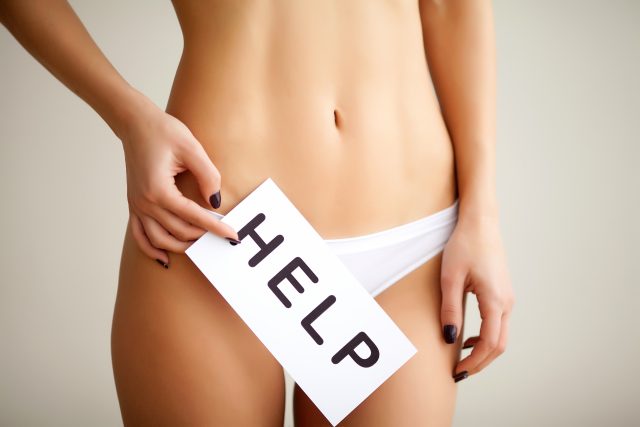
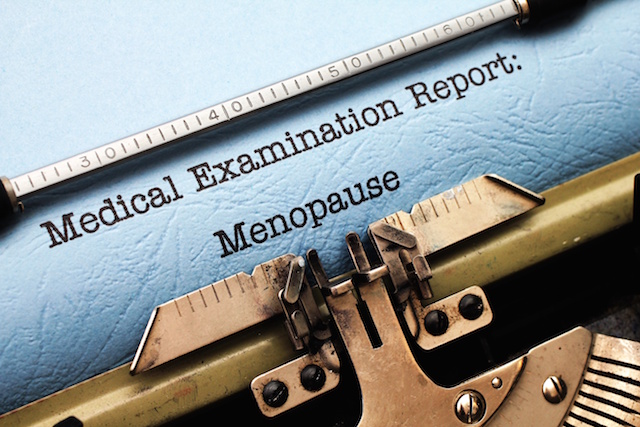
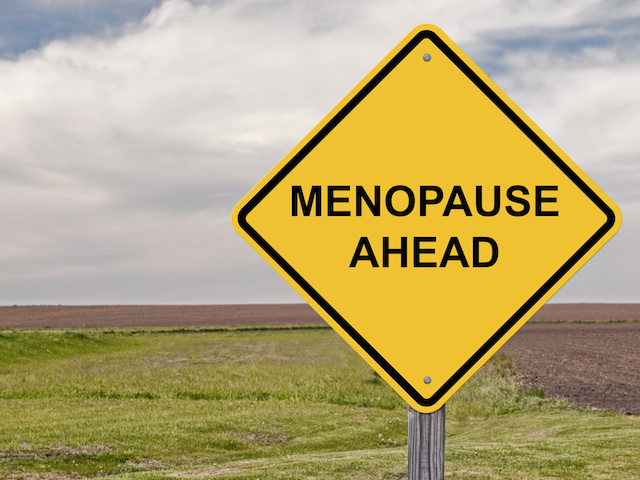
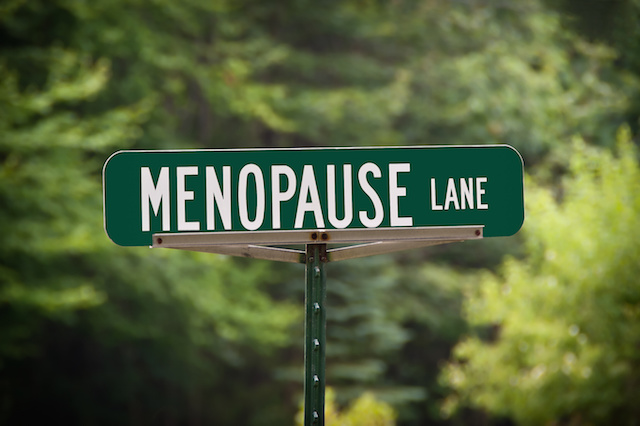
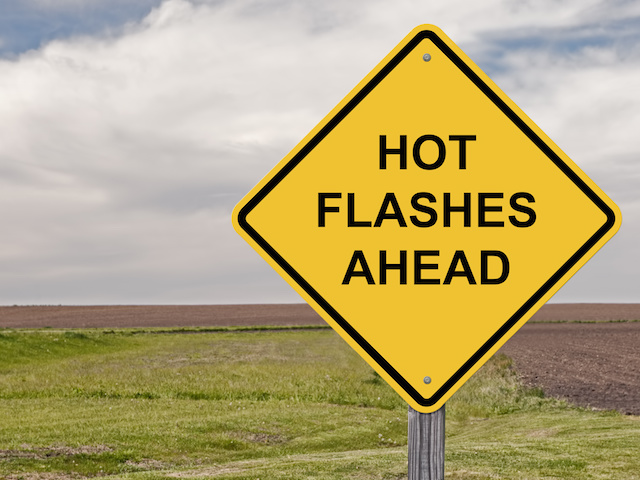


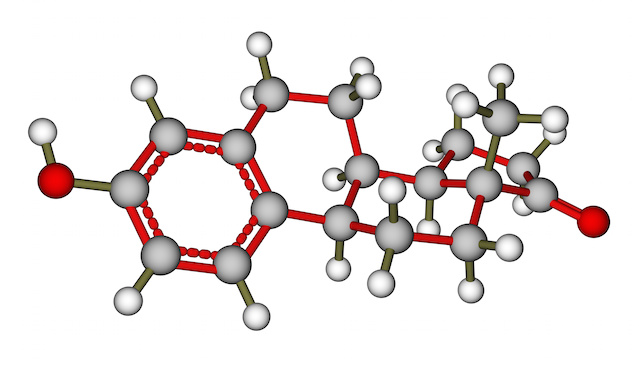
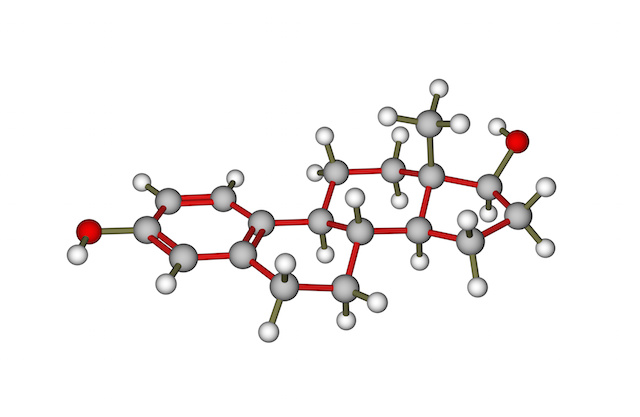
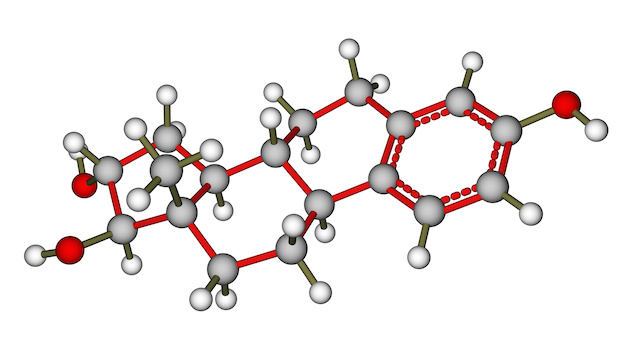

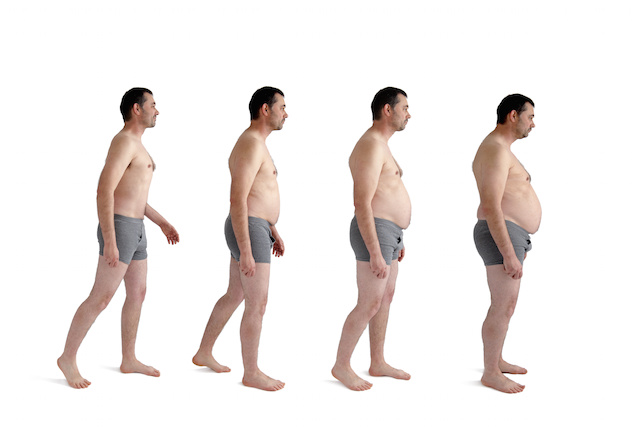



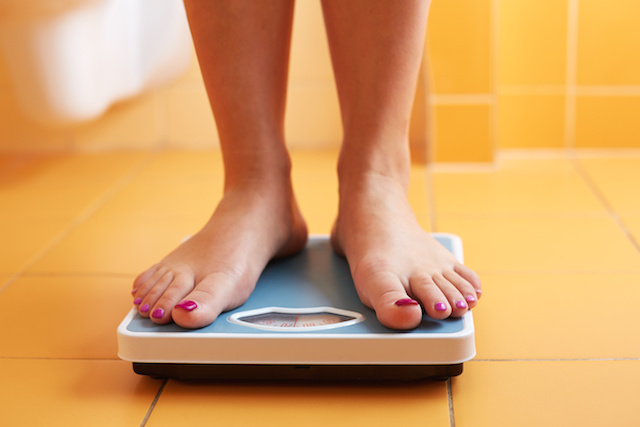
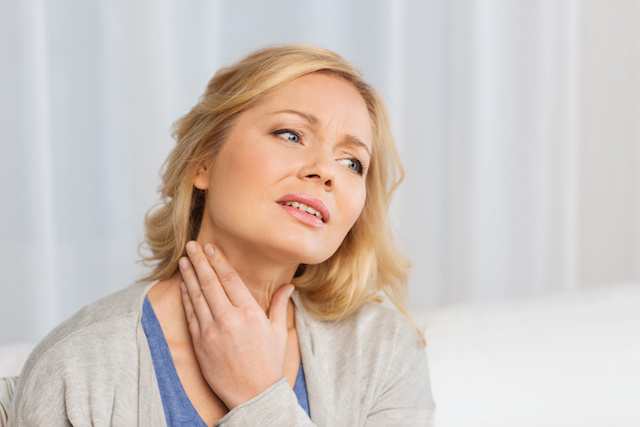

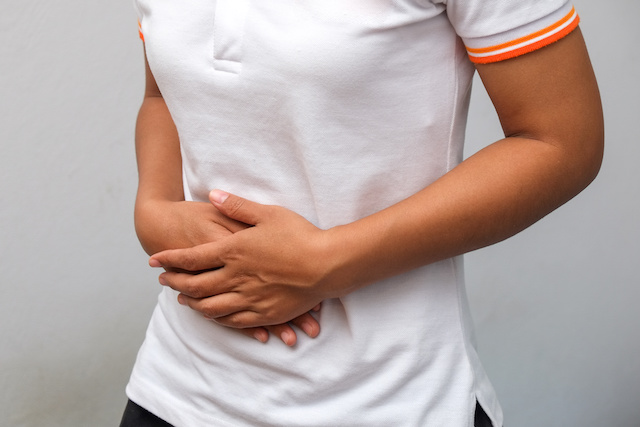
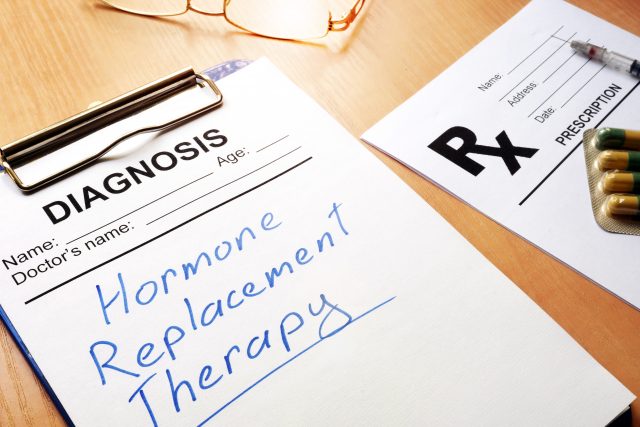

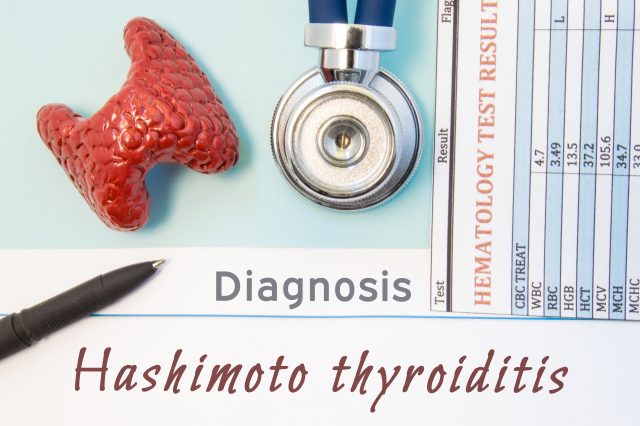
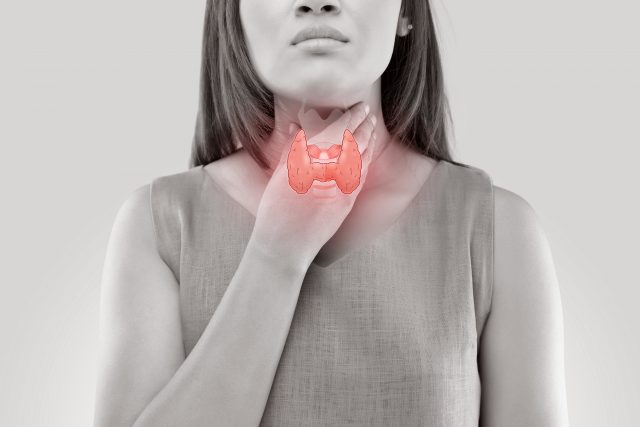

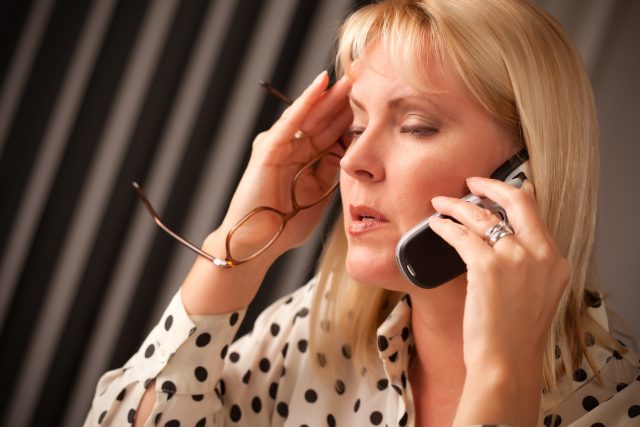
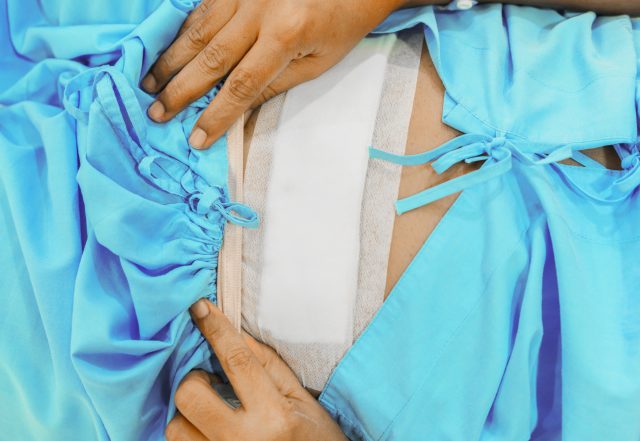
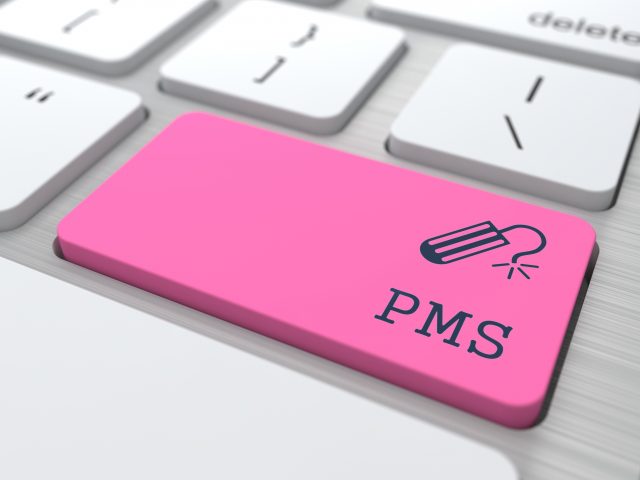
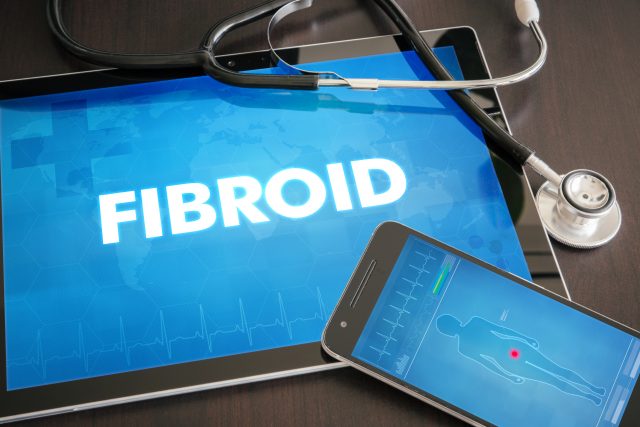
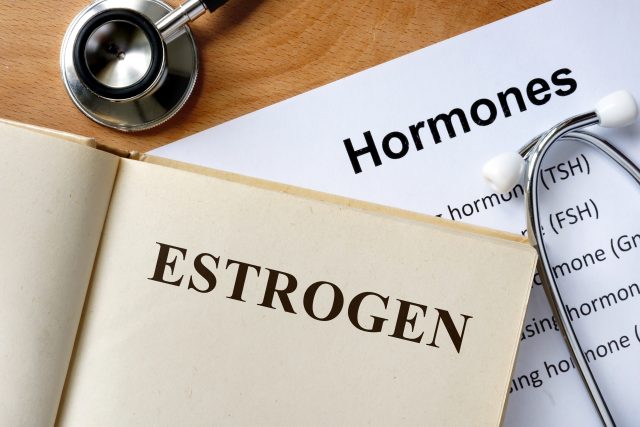
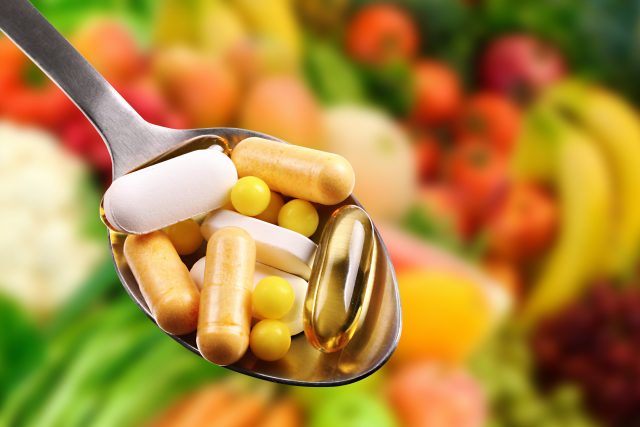
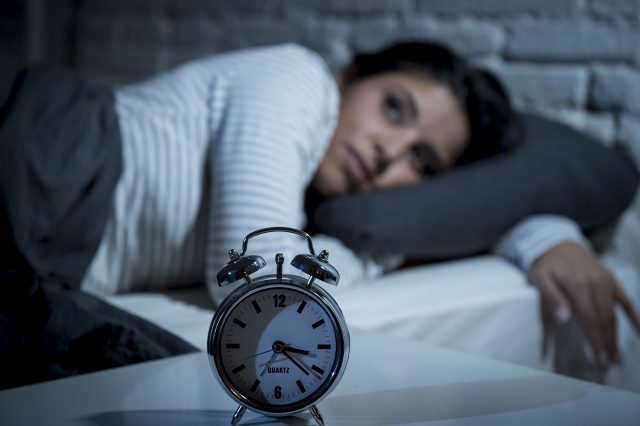
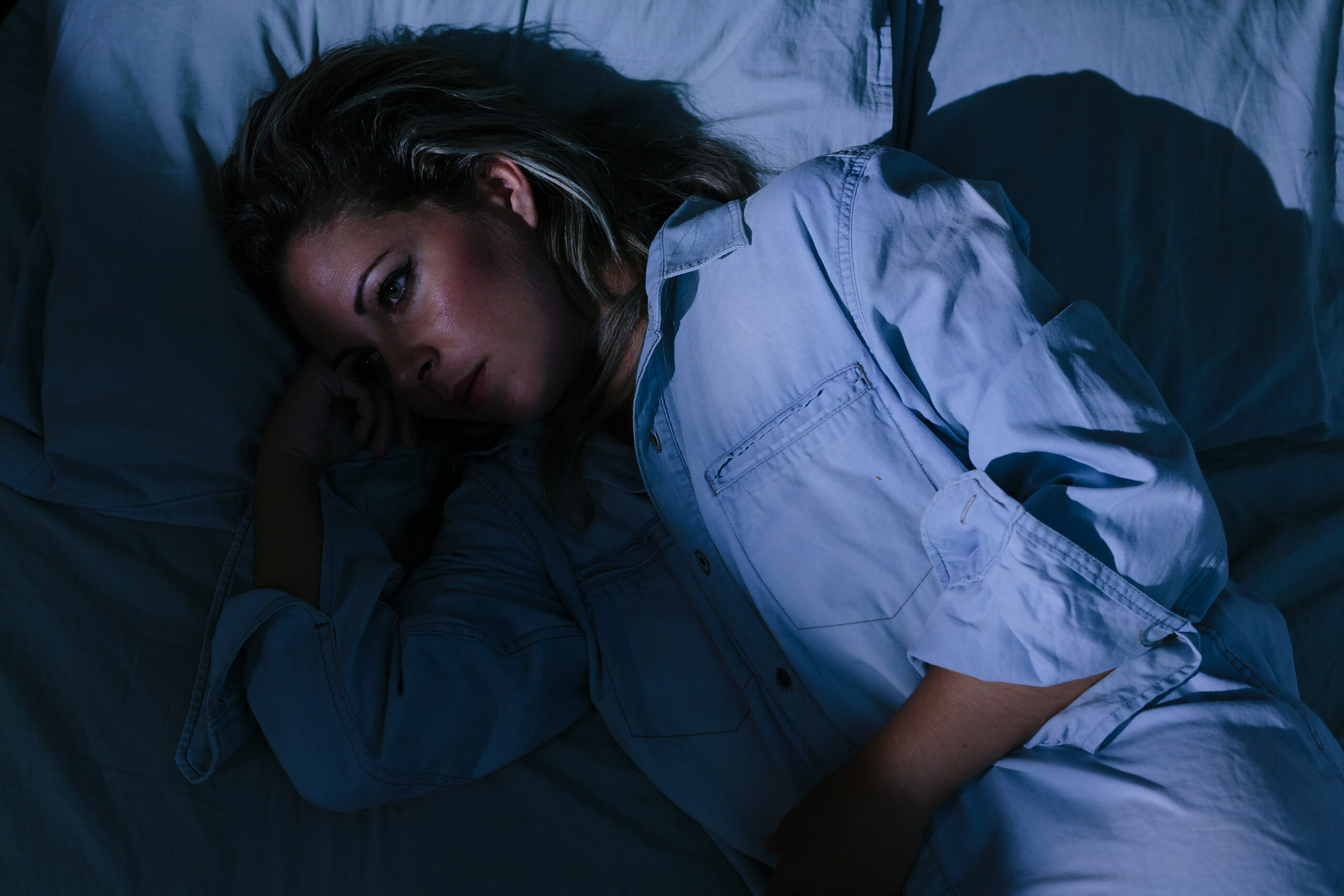
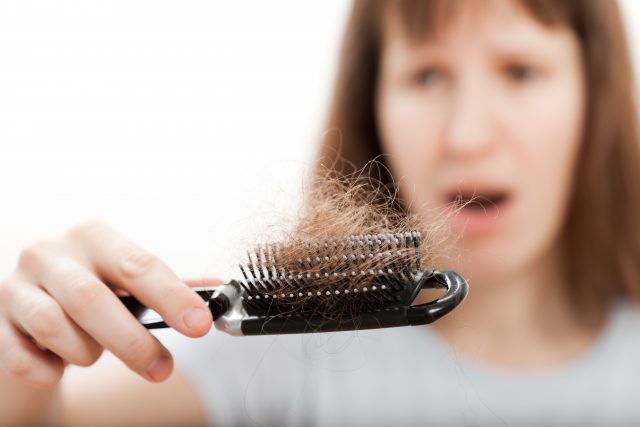
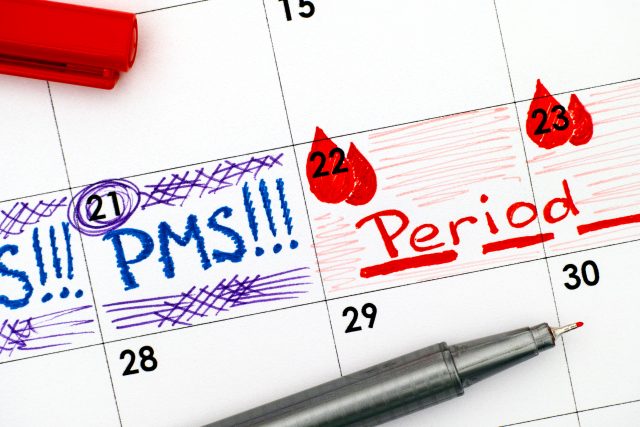
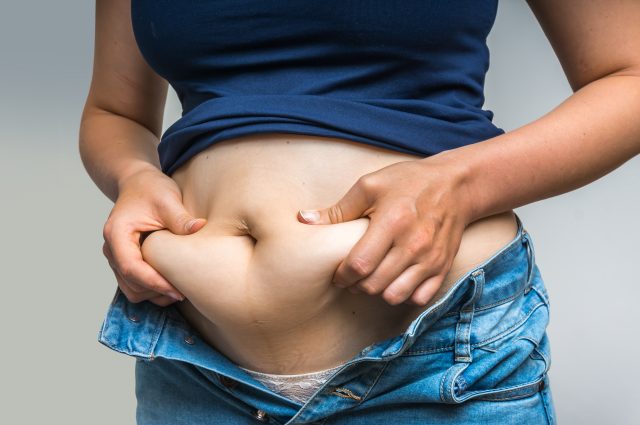
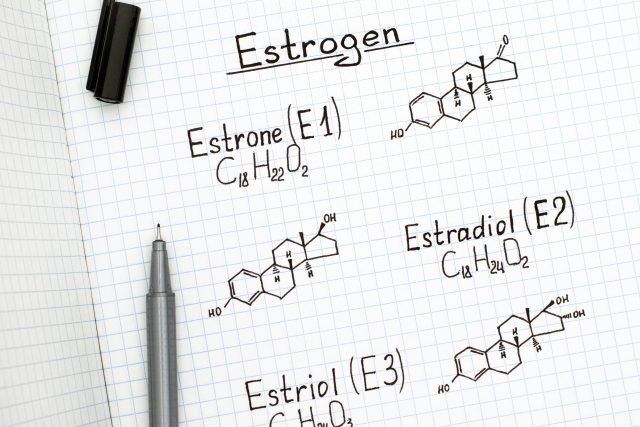
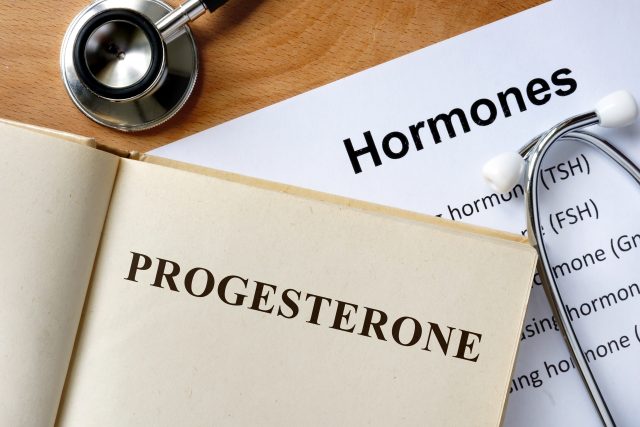
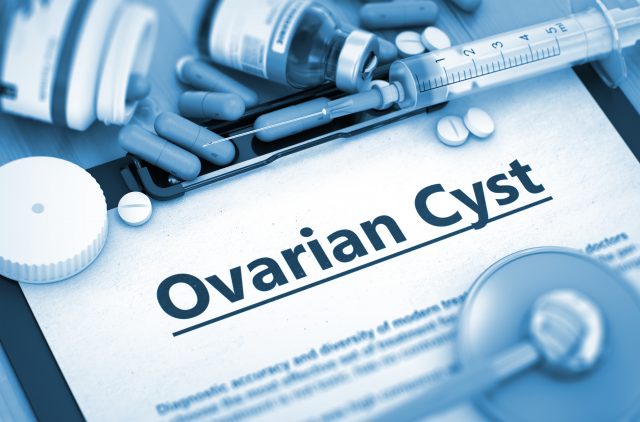
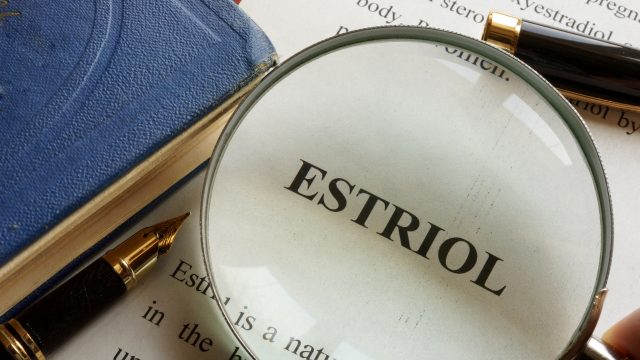
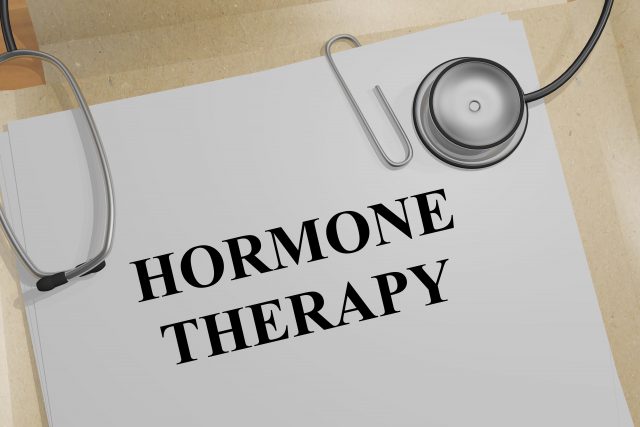
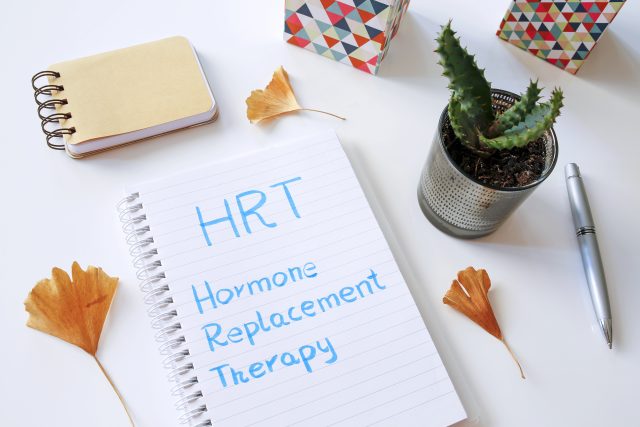
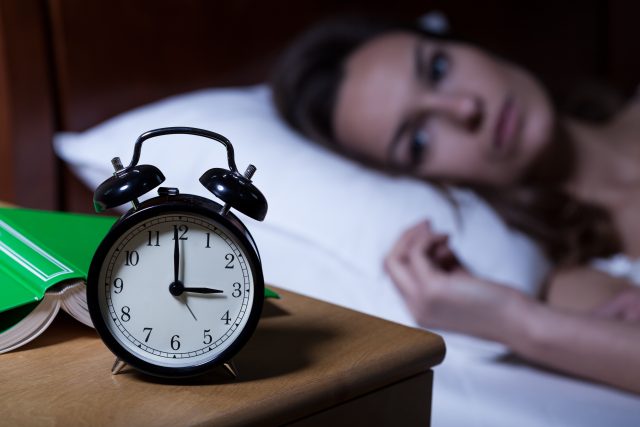
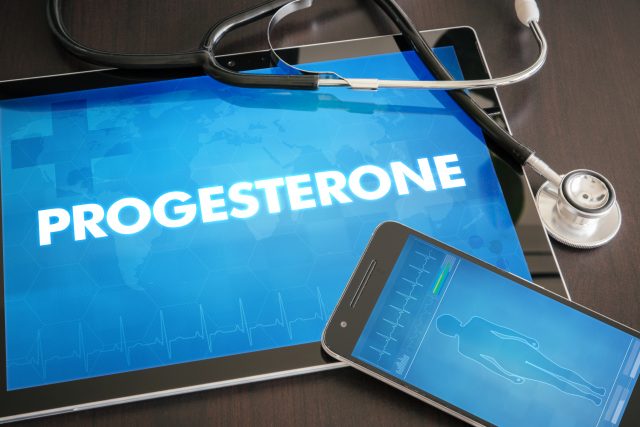
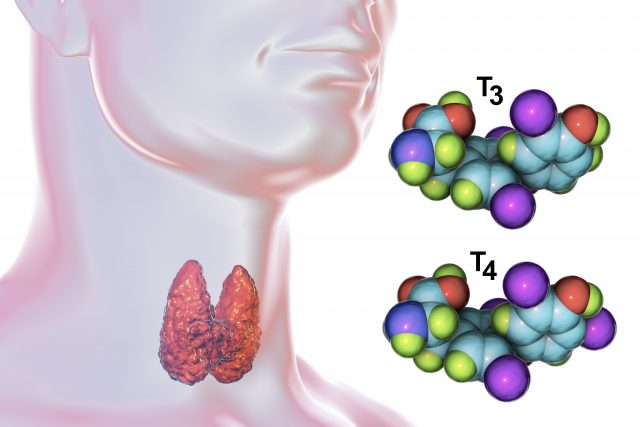
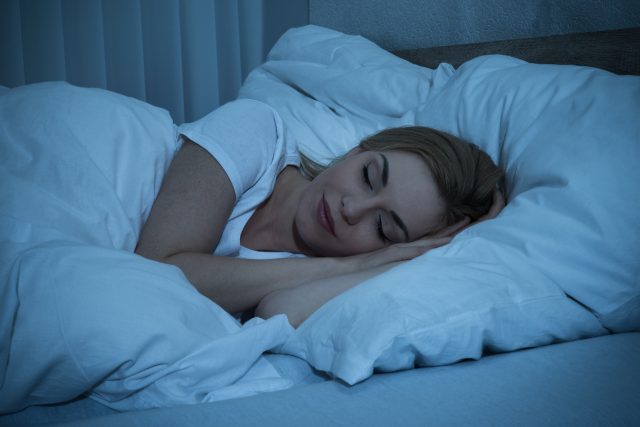
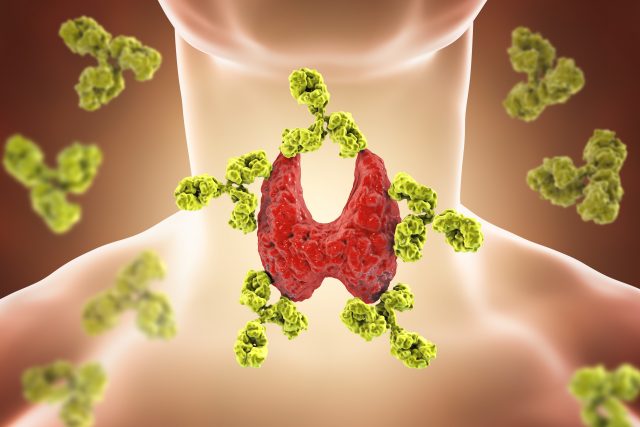
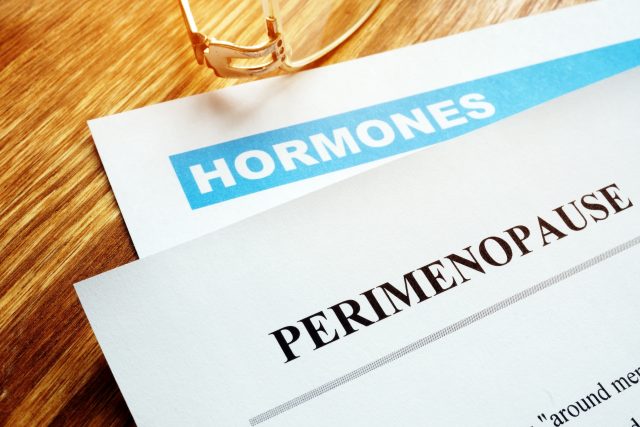
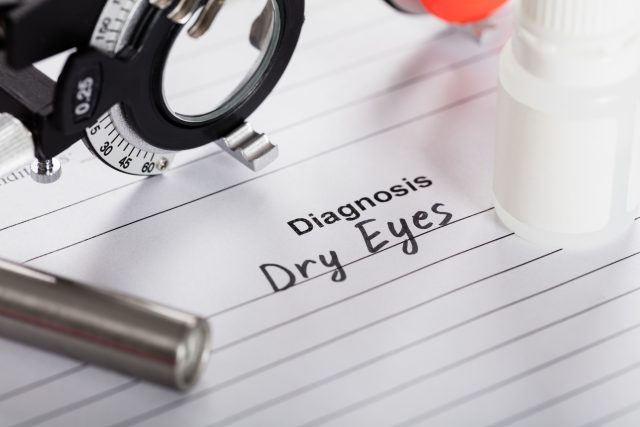
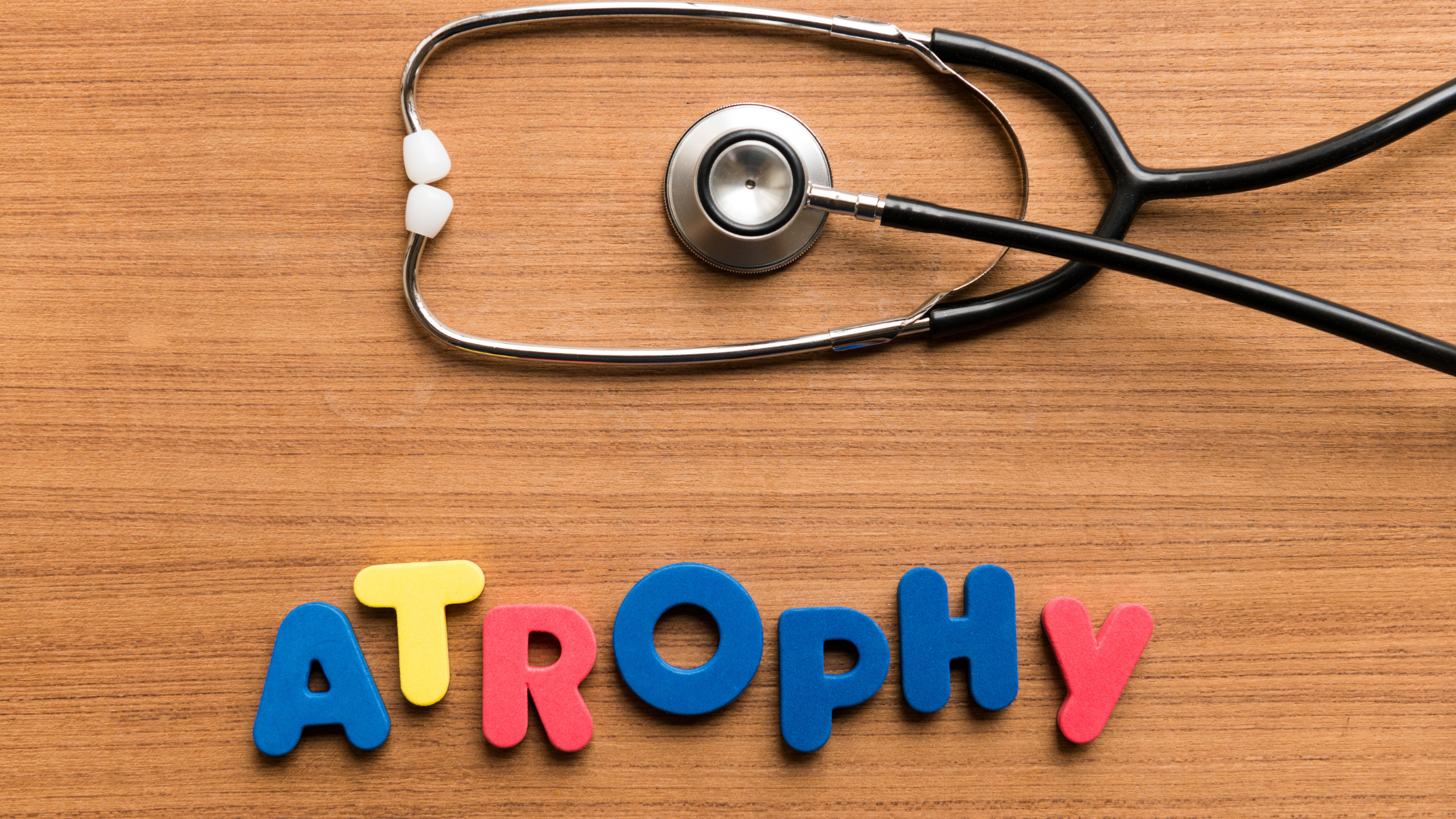

I have vaginal dryness and I noticed a little but of spotting today. I haven’t had sex in over 3 yrs but I do walk alot and I use cream from time to time I also have a lot of burning off and on the cream seems to help but I don’t want to use it to much that lazar sounds worth it but to expensive for me. I was concerned about the spotting I just had my pap smear done as nd it came back good
Dear Rachelle,
Thank you for reaching out and telling us about your situation. You are not alone, and many women experience these same concerns. Here is a link to an article that I wrote in which I included and discussed your questions/concerns.
What Is Estriol Made From?
thank you,
DrD
This was very helpful, especially, because I have bleeding now. I’m going to the doctor today. Thank you
The Hydration Cubes sound helpful. When I took a look at them, they contain DHEA. There is not much information on your site about this hormone. What does DHEA do when used vaginally?